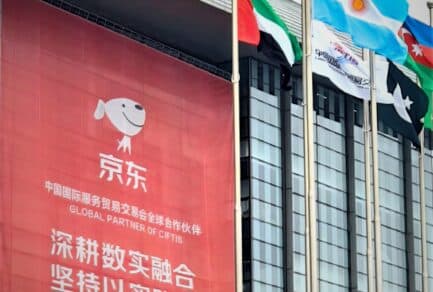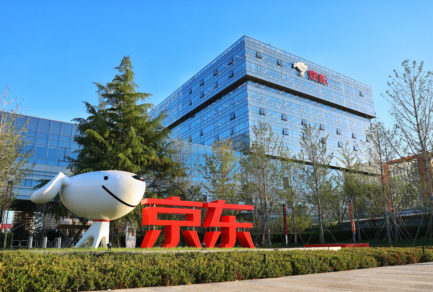Jul 17, 2020|
Dr. Shen Participates in WEF Issue Briefing on Global COVID-19 Recovery
by Vivian Yang
On July 16th, Dr. Jianguang Shen, Chief Economist of JD Digits was invited by the World Economic Forum for an online issue briefing session open to global media. He was joined by another four chief economists from across sectors to share their views on the global economic outlook.
Speakers:
- Paul Donovan, Chief Economist, UBS
- Beata Javorcik, Chief Economist, European Bank for Reconstruction and Development (EBRD)
- Jianguang Shen, Chief Economist, JD.com
- Ludovic Subran, Chief Economist, Allianz
- Saadia Zahidi, Managing Director, World Economic Forum
Moderated by
- Adrian Monck, Managing Director, World Economic Forum
China in many ways has been months ahead of the rest of the world in its experience of the pandemic. China’s economic recovery was a focal topic of the one-hour discussion. In his opening remarks, Shen shared two positive signals regarding the rebound of China’s economy: The just-released GDP growth of 3.2% in Q2 which is above expectations, and a surge in the Chinese stock market. The The New York Times cited Shen’s comments from an interview, “The economy is definitely on the mend,” to attest that a cautious optimism is emerging in China’s economy. However, he also pointed out during the briefing that there is an imbalance existing in the growth between a quick bounce back of production and a sluggish return of demand.
On the topic of COVID-19’s impact on global supply chain, Shen noted that the production chain relocation is already happening with growing investment and trades pivoting to Southeast Asia. By this June, ASEAN has jumped to be China’s largest trading partner, followed by the EU and the US.
In terms of the distribution of the pandemic’s impact on Chinese people’s lives, Shen pointed out that big data shows low-income people have been impacted the most as their income is growing slower than higher-income groups. Consumption recovery is currently stronger in major cities, which is “a departure from the past consumption pattern in which stronger consumption growth is more often seen in lower-tier cities”.
Ludovic Subran, Chief Economist of Allianz also addressed the concern as to the behaviors of the consumers, noting that because of strict lockdowns across the world, people are forced to save and it is hard to know when they are going to consume.
Beata Javorcik, Chief Economist of EBRD, expressed concerns about the recession of globalization, as governments are spending a lot of money to help firms in their countries and setting tariffs for imports without a free-trade commitment from G20 that was in place early on during the financial crisis, there is a worry that “the world will sleep walk into protectionism.”
When asked what lessons others can learn from China in economic recovery from the pandemic, Shen said that it’s essential for the government to continue to open up, to further liberate the financial market, and to welcome foreign companies and foreign direct investment.
Paul Donovan, Chief Economist of UBS has noticed that some governments are using the current economic halt to reflect and built more sustainable projects. More importantly, Donovan said the pandemic has accelerated the structural change of the Fourth Industrial Revolution as work and life activities are all localized such as working from home and remote learning.
“As we emerge from the crisis, the quality and direction of economic growth must take primacy over its speed. In this new paradigm, we need metrics beyond GDP and an updated policy toolkit to ensure that future growth is inclusive and sustainable, and provides opportunity for all,” said Saadia Zahidi, Managing Director, World Economic Forum.
On this front, JD.com put immense resources towards supporting the economy and society throughout the pandemic, such as helping farmers and small business to sell their products online or offline, offering job opportunities for new graduates and giving temporary positions to staff from offline stores, restaurants, cinemas through employee-sharing initiative, providing free online medical consultation around the clock, sourcing and transporting medical supplies to other countries in need, promoting the circular economy by strengthening partnership on environmentally friendly packaging and more. (Click here to watch the replay of the session.)

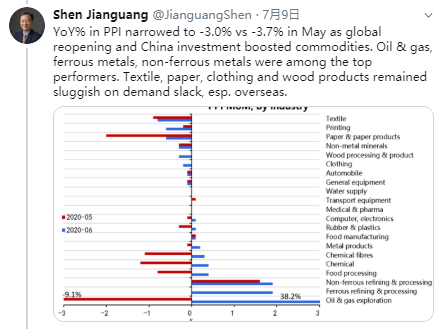
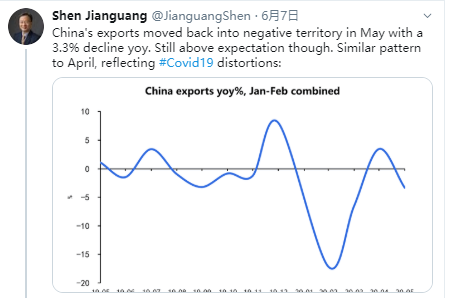
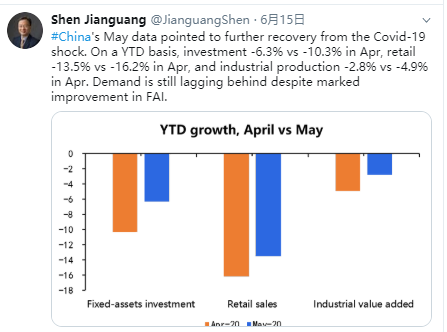
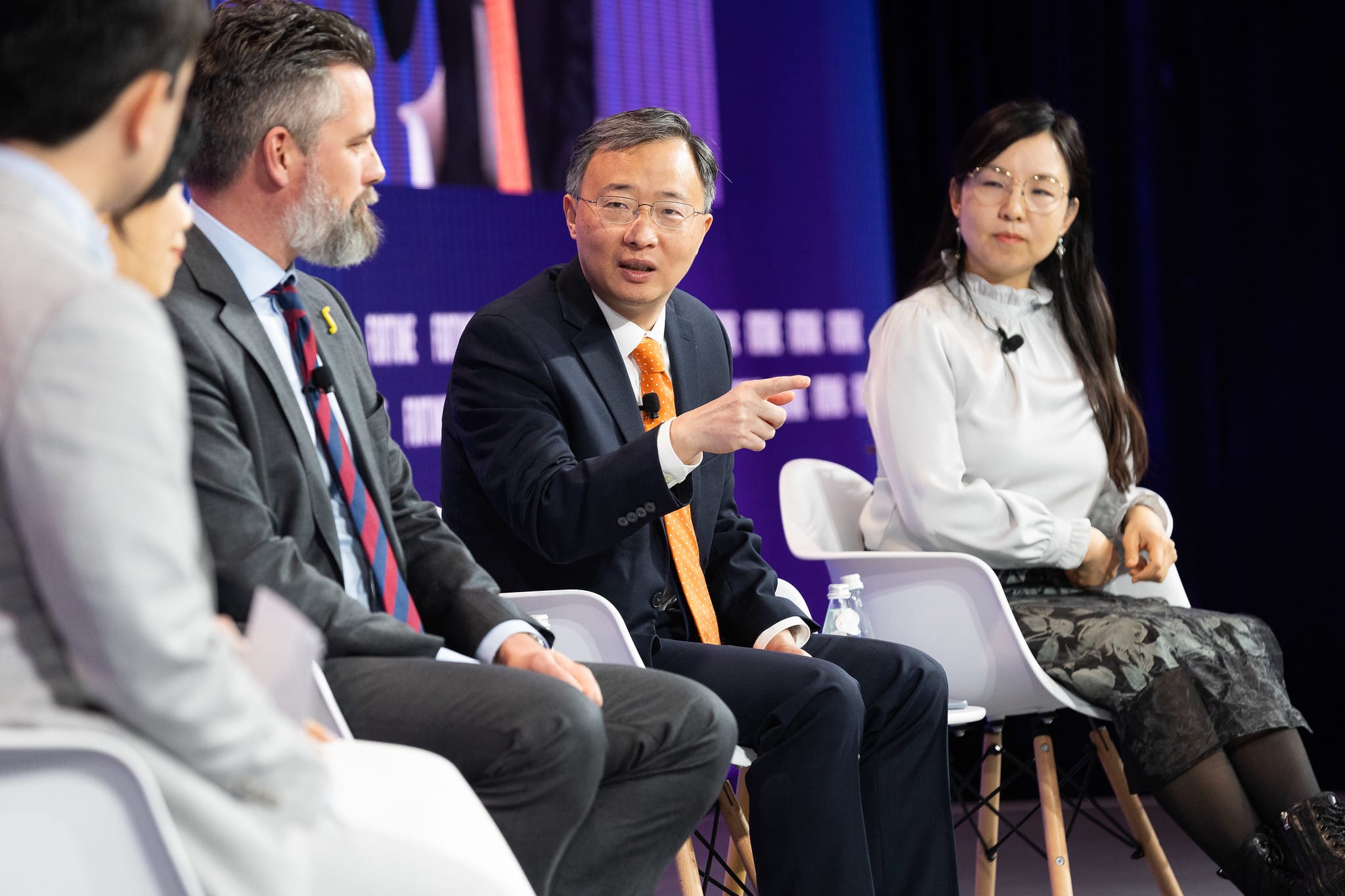
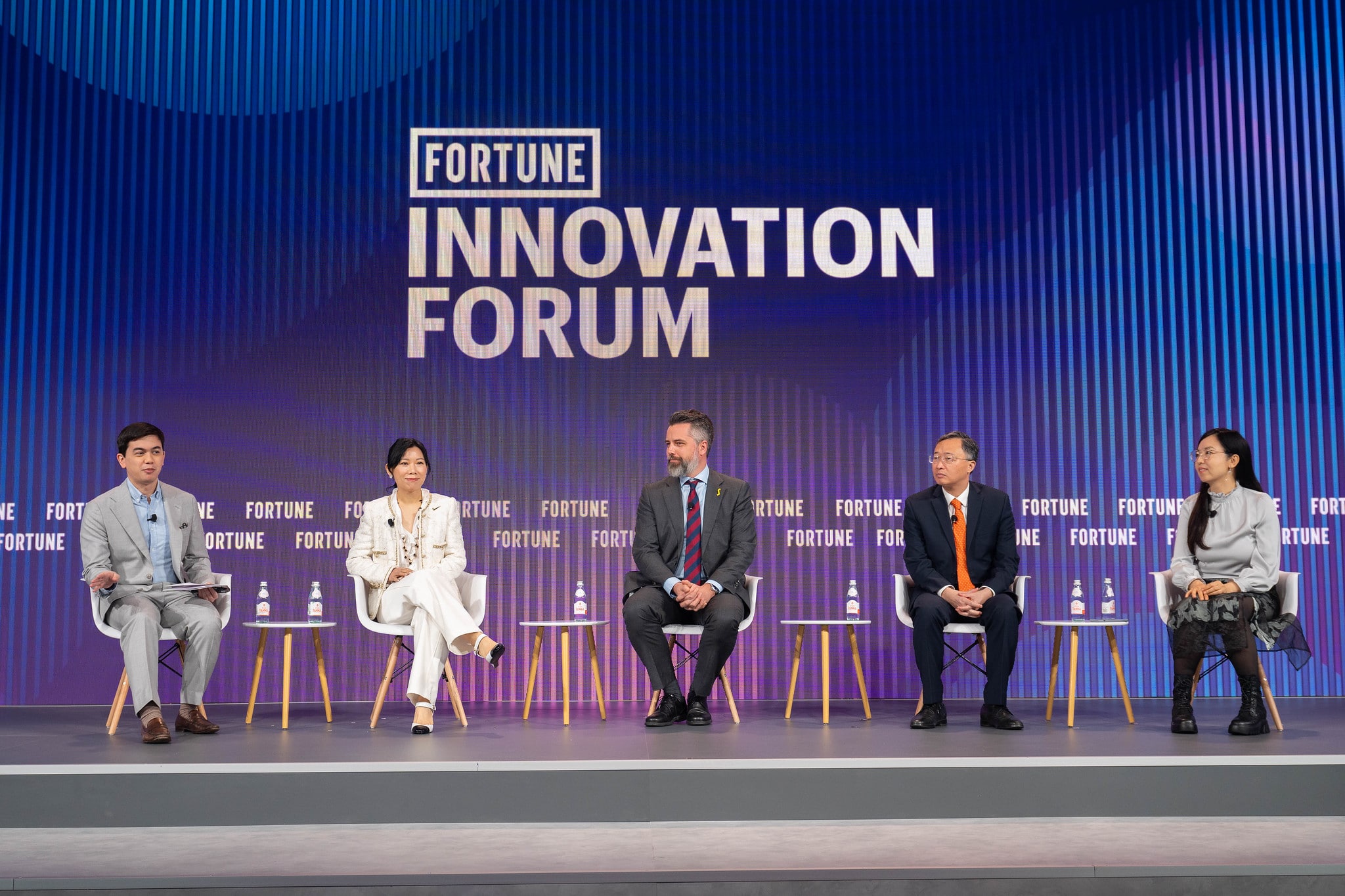
 Photo Gallery: This Week at JD (July 13-July 17)
Photo Gallery: This Week at JD (July 13-July 17)
